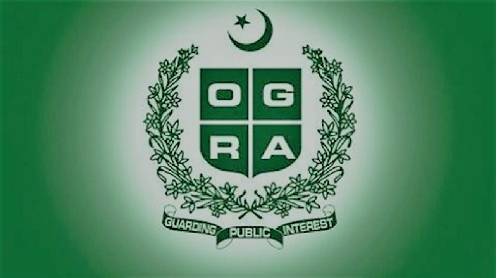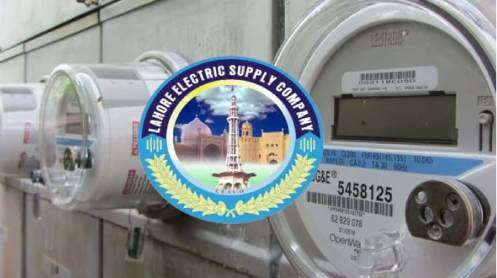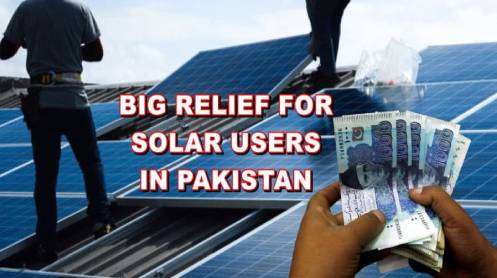The Pakistani government has ramped up efforts to deregulate petroleum product prices in response to mounting challenges such as fuel smuggling and industry complaints. This move aims to shift public criticism towards oil marketing companies (OMCs) and address issues plaguing the oil sector.
Under a directive from the petroleum division, the Oil and Gas Regulatory Authority (Ogra) has been tasked with presenting an analysis of the implications of deregulation within a tight timeframe of three days. This analysis will focus on aspects like in-country freight equalisation margins (IFEM) and related factors.
The urgency for deregulation stems from directives issued by the Prime Minister’s Office to finalize a framework for the petroleum sector swiftly. Currently, the government faces public backlash over rising fuel prices, although its ability to adjust fixed tax rates is limited due to donor-driven pricing mechanisms.
One of the key challenges the government faces is the rampant smuggling of low-quality and cheaper oil products, especially from Iran. This not only impacts the market share and profitability of regulated oil companies but also results in substantial annual revenue losses for the government.
By deregulating petrol and high-speed diesel (HSD) pricing, the government intends to allow oil companies to set their own prices, ending uniform pricing across the country. This move would also extend to ending uniform pricing for kerosene and benzene-grade fuels, which are currently regulated.
The proposed deregulation framework, subject to federal cabinet and Special Investment Facilitation Council (SIFC) approval, would give Ogra and the Competition Commission of Pakistan a more significant role in ensuring product quality, availability, and a competitive market environment.
However, deregulation could lead to price variations across cities and oil companies, with consumers closer to ports and refineries potentially enjoying cheaper rates compared to those further away. The Oil Companies Advisory Council (OCAC) has raised concerns about the impact of smuggling on investment opportunities in refinery expansion and upgrade projects, urging decisive action to address the smuggling menace.
The government’s push for deregulation reflects a broader strategy to tackle smuggling, enhance industry competitiveness, and navigate the challenges posed by the current pricing mechanisms in the petroleum sector.
Story by Khaleeq Kiani







